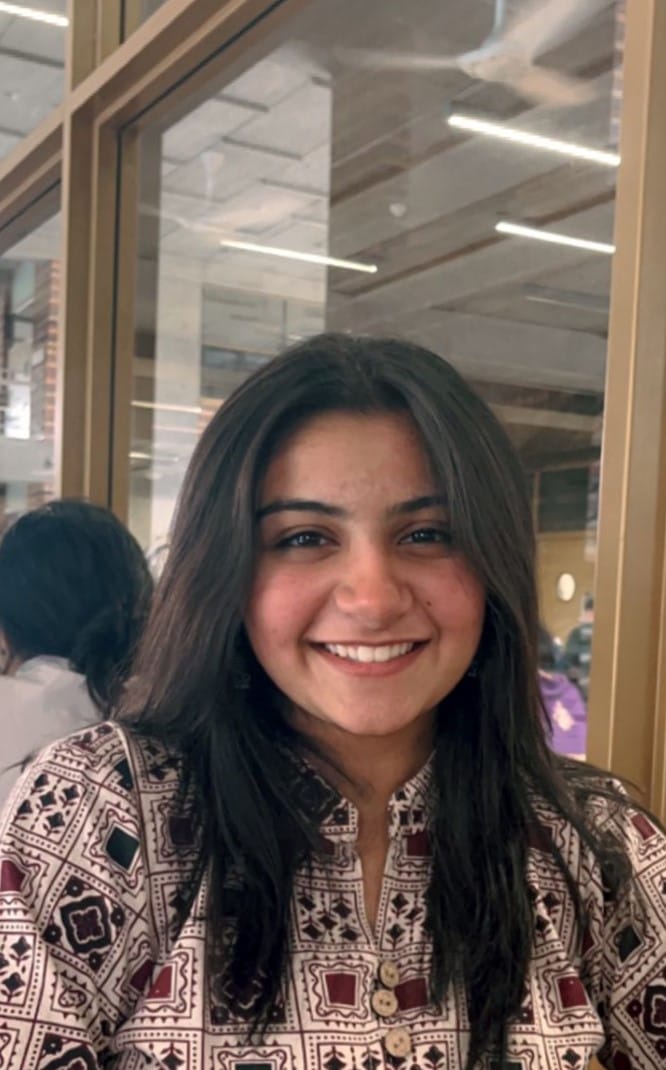Navigating Neurodiversity: Celebrating Differences and Embracing Neurodivergent Perspectives

Shivani Pandit
March 17 , 2024

Hello, Beautiful Humans! Let’s talk about Neurodiversity!
““Neurodiversity” is a popular term that’s used to describe differences in the way people’s brains work. The idea is that there’s no “correct” way for the brain to work. Instead, there is a wide range of ways that people perceive and respond to the world, and these differences are to be embraced and encouraged."”
- – Child Mind Institute
Neurodiversity is a term that I love. It makes me feel included. Rather than excluding me because my brain works differently, I feel like I get to be part of a group that spans all types of thinking – including mine. For someone like me, that felt so different for a long time – knowing that the world is progressing towards accepting neurodiversity, even celebrating it makes me happy!

Photo by Hannah Busing Team on Unsplash
Neurodivergence is beautiful. You may miss the obvious, but you also have the gift of seeing what other don’t. You may possess the unique ability to think and process information differently which can be extremely helpful. You are wired differently because you were brought into this world to challenge ordeals and beliefs! Being neurodivergent is like looking through a multicolored lens to see the world, while everyone else sees it in just black and white! Being neurodivergent is great, trust me!
Acceptance is only one small part of this journey though. This world is so geared towards neurotypical folks, and since neurodiversity has only now become slightly more prominent, there is still miles to go before neurodivergent children feel like they fit in and can do tasks that their neurotypical counterparts find easy.

Photo by Daniel Olah Team on Unsplash
If you, or someone you know and love is neurodivergent, it’s important help create spaces where neurodivergent people can thrive. Although awareness is being created now, neurodivergent children still find themselves in the middle of a neurotypical environment, struggling, and of course, undiagnosed. Usually, such children are shamed and compared to their neurotypical counterparts. Their feeling of being different is hardly ever brought up due to the constant shame they feel for not being able to complete the same kind or amount of work that “others” do. Imagine going through life, knowing you were different and you couldn’t control it, and yet thinking of it as your fault. That’s an immense burden for any child to carry.
Here are some ways we can make the world an easier place for neurodivergent individuals to be able to coexist with their neurotypical counterparts.
1. Create Awareness and Normalize Neurodiversity:
Educating people around you about neurodiversity forms such as ADHD, Dyslexia, and even Autism Spectrum Disorder. Speaking about neurodiversity in a de-stigmatizing way, wherein, rather than these forms of neurodiversity being described as an issue for the child, it can rather be portrayed as a strength to the caretaker, the individual, and the people around them.
2. Make the Environment more Neurodivergent Friendly:
For those in positions like teaching, having a flexible teaching schedules with shorter class time and more stimulating ways of imparting knowledge. Timed assignments can be reduced as well. For those who are friends with a neurodivergent individual, be patient and accepting of them.
3. Emphasizing on the Importance of Creativity and Individuality:
Neurodivergent individuals bring a lot of creativity and individuality to the table. They should be encouraged further in these innate strengths that they already have. Engaging them in activities that require them, will help boost their self-confidence and self-esteem.
4. Supportive Network:
Making sure the neurodivergent individual has a community involving other neurodivergent children can help to build connections and friendships. These communities can also compromise of people who are passionate about learning about neurodiversity as they can help support the community. These communities ultimately not only benefit the neurodivergent individual but also their family and caretakers.
5. Seeking Professional Help:
Neurodivergent individuals can also consider taking help from a mental health professional as it can be taxing to function differently. Therapists and clinical psychologists can definitely make a difference in an individual’s growth and journey. Heart It Out is a wonderful organization that does beautiful work with healing and mental health! You can find out more about them by clicking here.
Being neurodivergent, means you can be anything! Never stop dreaming!

Photo by Stainless Images Team on Unsplash
Keep Reading
Started reading,
found my glow!
New blogs dropping soon – Sign up!
© EmbraceWell. All rights reserved



























